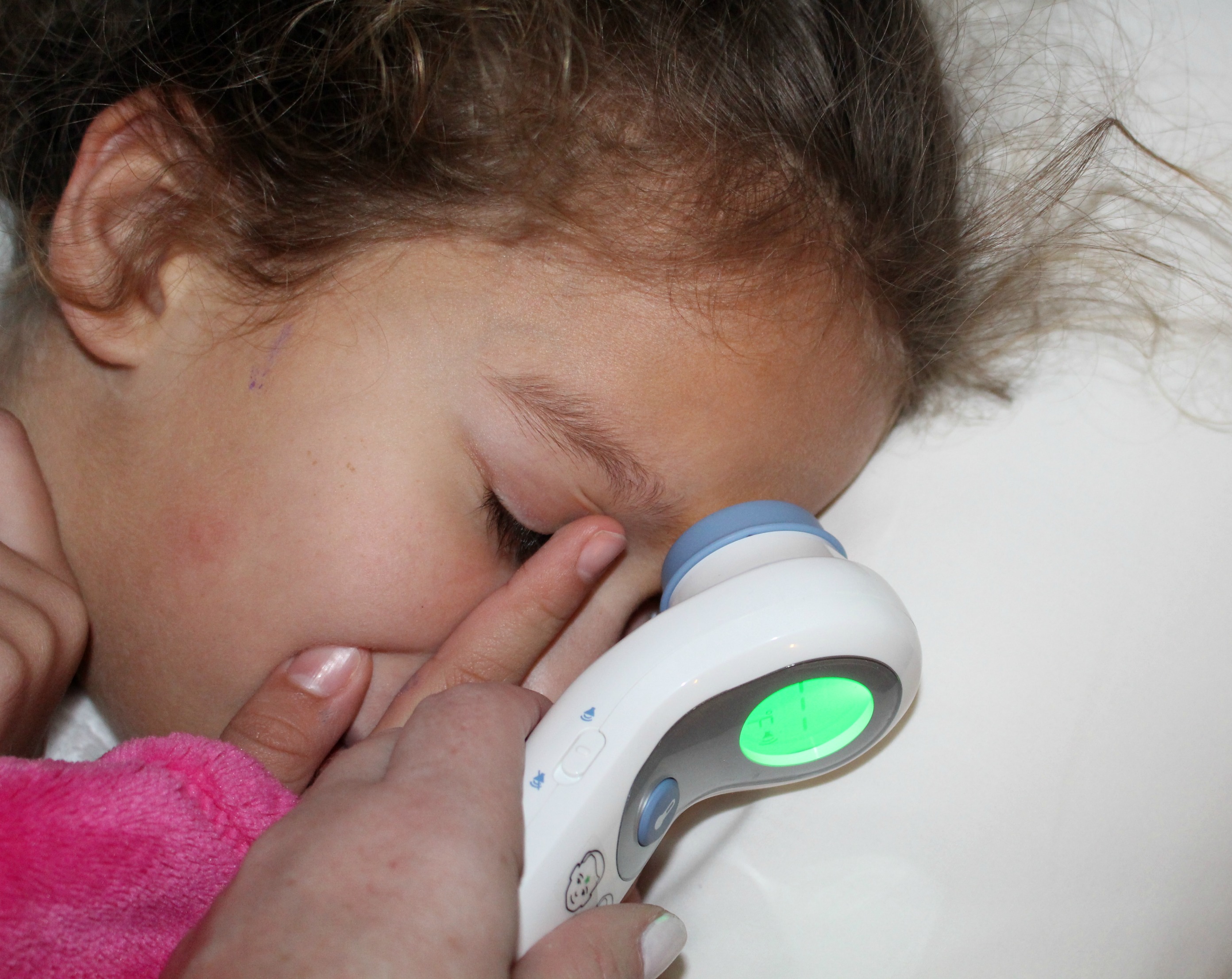Does a Stepparent Have Legal Rights? Understanding Parental Responsibility in Blended Families
Stepparents have become an integral part of many families, often forming strong bonds with the children they help raise. However, despite this close relationship, they do not automatically hold legal rights or responsibilities over their stepchildren. Understanding how stepparents can—and sometimes cannot—acquire parental responsibility is vital for protecting the interests of both the child and the adults involved. This article explores the legal framework surrounding stepparent parental responsibility in England and Wales, offering clear, practical guidance on the options available.
What Is Parental Responsibility?
Parental responsibility refers to the full set of legal rights, duties, powers, responsibilities, and authority a parent has toward their child under the Children Act 1989. These include making important decisions about the child’s education, medical treatment, religious upbringing, discipline, and overall welfare. While biological mothers automatically have parental responsibility, for others—including fathers and stepparents—certain conditions must be met for this legal status to apply.
Who Holds Parental Responsibility?
- Biological mothers hold parental responsibility from birth.
- Biological fathers obtain responsibility if married to the mother at birth, named on the birth certificate (for births after December 2003), through a parental responsibility agreement, or via court order.
- Same-sex partners or civil partners may also hold parental responsibility if they were married or in a civil partnership at the time of fertility treatment.
- Stepparents can acquire parental responsibility, but this is not automatic and requires legal processes.
- Multiple adults can share parental responsibility for one child, reflecting the variety of modern family arrangements.

Default Legal Position for Stepparents
By default, stepparents do not have legal standing to make decisions about their stepchild’s upbringing, such as consenting to medical treatments or participating in school decisions. This lack of authority can create challenges for stepparents seeking to act in their stepchildren’s best interests.
How Stepparents Can Acquire Parental Responsibility
Understanding how stepparents can—or cannot—acquire parental responsibility often clarifies the options available:
1. Parental Responsibility Agreement
If married to the child’s biological parent, stepparents may acquire parental responsibility by entering into a parental responsibility agreement with all existing holders of parental responsibility. Every person who already holds parental responsibility, including non-resident biological parents, must consent for the agreement to be valid. The agreement is jointly signed, witnessed, and registered at the family court. Necessary documents include marriage certificates and birth certificates for proof of status and identity.
This agreement grants stepparents equal legal rights but does not diminish those of other parents. It is a collaborative way to acknowledge the stepparent’s role without severing biological ties.
2. Parental Responsibility Order
If consent for an agreement is refused or unobtainable, stepparents can apply to the family court for a parental responsibility order. The court assesses the application based primarily on the child’s welfare and best interests, considering the stepparent’s involvement, the nature of relationships between parties, and the child’s wishes when appropriate.
The process requires completing Form C1 and typically mandates attending a Mediation Information and Assessment Meeting (MIAM) before issuing the application. Approval results in the stepparent holding parental responsibility equal to other holders, yet it does not affect the rights of biological parents.
3. Child Arrangements Order
In some cases, a court may issue a child arrangements order specifying that the child should live with the stepparent, either alone or jointly with another person. While rare, this grants parental responsibility to the stepparent for the time the order is in force.
4. Adoption
Stepparent adoption is the most comprehensive way to acquire parental responsibility, making the stepparent the child’s legal parent. This route severs the birth parent’s responsibilities and rights, including inheritance rights, and should only be pursued after careful consideration due to its permanent nature.
What Parental Responsibility Means in Practice
Once parental responsibility is acquired:
- Stepparents can participate fully in decisions regarding health, education, religion, and welfare of their stepchildren.
- They may sign consent forms for school trips or medical procedures.
- They have equal say with other parents but do not have more authority over absent biological parents.
- They are not automatically responsible for child maintenance, although financial support arrangements can be negotiated or ordered separately.
- Parental responsibility continues until the child turns 18 unless legally altered.
If the stepparent separates from the biological parent, parental responsibility does not guarantee access to the child; additional court orders may be necessary to establish contact.
Importance of Legal Advice and Documentation
Families facing these questions should seek expert legal advice to navigate these processes. Proper documentation and understanding the implications of each method are critical for ensuring the rights and welfare of all parties, especially the child.
The phrase stepparents can—or cannot—acquire parental responsibility highlights the nuanced nature of the law. While opportunities exist to formalize a stepparent’s role, the path depends on specific legal requirements, family dynamics, and, most importantly, what ensures the child’s best interest.
Conclusion
As blended families grow in prevalence, laws surrounding stepparent parental responsibility continue to evolve to reflect these realities. Making sure stepparents have the right legal status promotes family stability and supports children’s welfare. Whether through agreement, court order, or adoption, understanding your rights and the processes involved is essential.






